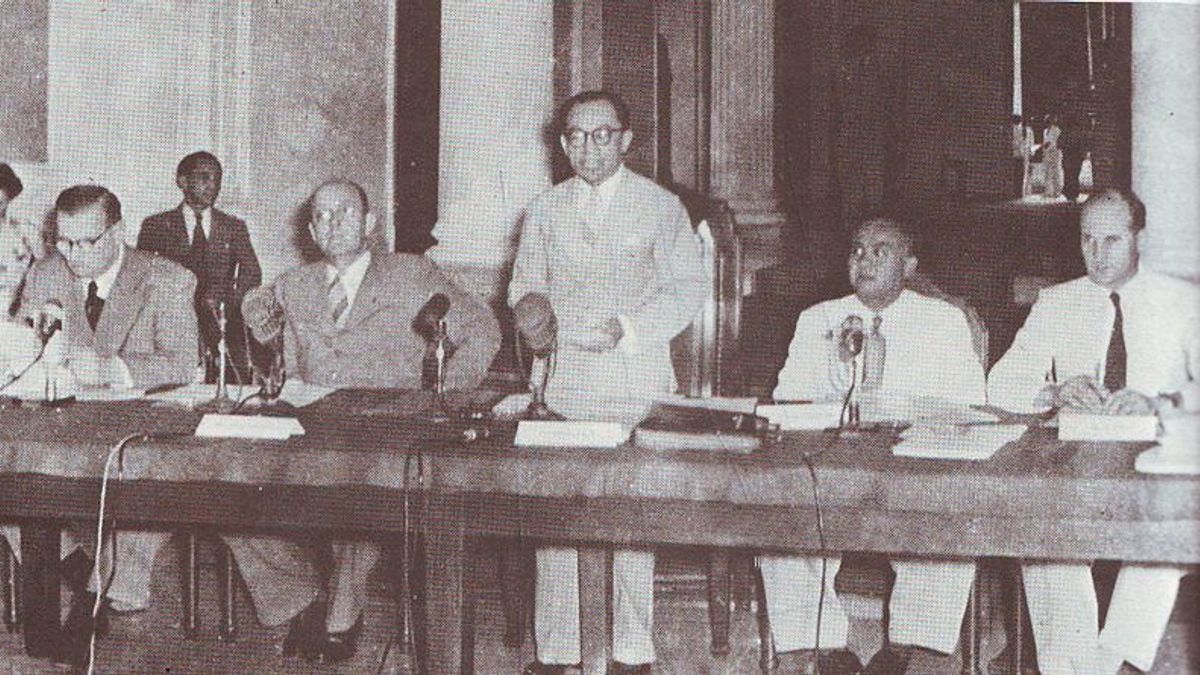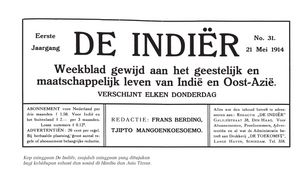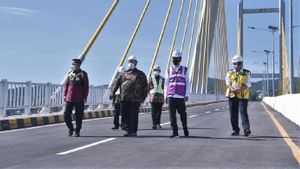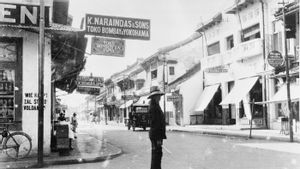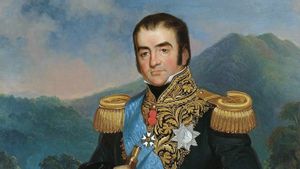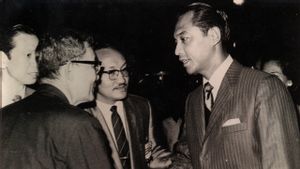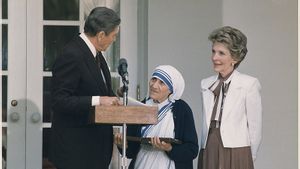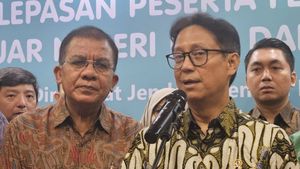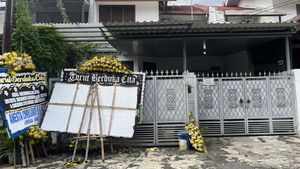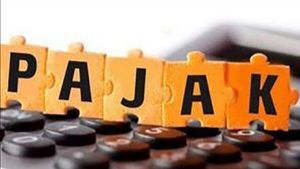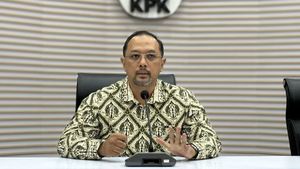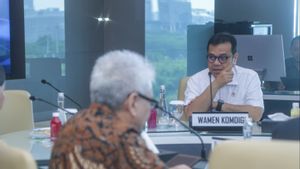JAKARTA - Today's history, 90 years ago, on October 24, 1932, Mohammad Hatta gave a lecture in front of Minangkau journalists about the position of the press. The lecture was held at the PGKB Clubhuis, Minangkabau. Hatta said that journalism and politics cannot be separated. Especially for the interests of the natives.
The press is a tool of struggle. A struggle for independence. Previously, Hatta's name was famous throughout the country thanks to his political work in the Netherlands. He also returned to Indonesia to 'dedicate' himself to the agenda of the struggle for Indonesian independence.
Hatta's anti-colonial spirit grew even more intense when he arrived in the Netherlands (1921-1932). His status as a student is not only spent on pursuing education. Hatta actually began to be active in the world of politics.
He joined the Indische Vereeniging (Indies Association). An organization inhabited by indigenous students in the Netherlands. The organization has become one of the important forums for movement in Indonesia. On the one hand, the Indies Association played an active role in opposing the colonial system. The other side of the container is able to unite the spirit of nationalism.
Hatta's activeness in politics was smelled by the Dutch government. Hatta was arrested and tried on charges of treason. Not even afraid. He launched his defense (pledoi) against the accusations in a Dutch court. Entitled Indonesie Vrij (Free Indonesia).

His pleas boomed. In fact, the contents of his pleas were able to be smuggled to remote areas of the Dutch East Indies. This gait made Hatta's name even more known. His presence is eagerly awaited in Indonesia. Bung Hatta returned to Indonesia when his college affairs were over.
"Hatta's maturity grew, even more, when he studied in the Netherlands from 1921. He studied diligently at the Handels Hogeschool (Sekolah Tinggi Commerce, then Economische Hogeschool, College of Economics) in Rotterdam, but he was not merely a 'bookworm' student.
“He was also active in the Indische Vereeniging organization (Indies Association, founded in 1908), which was originally a social organization, but then gradually became a political organization. Especially the influence of Ki Hajar Dewantara, Douwes Dekker, and Tjipto Mangoenkoesoemo in 1913 when they were not allowed to move in Indonesia, and were therefore forced to go to the Netherlands. Indische Vereeniging changed its name to Indonesiche Vereeniging or the Indonesian Association,” said Deliar Noer in the book Mohammad Hatta: Hati Nurani Bangsa (2012).
Hatta's return was greeted with great fanfare. He continued his political agenda in the Dutch East Indies. However, before going any further, Hatta chose to go home first to Minangkabau.
He chose to return home for a moment to meet his family. His return was also greeted with optimism by journalists. Hatta was asked to give a lecture at Clubhuis PGHB on October 24, 1932.
Hatta used this opportunity to deliver an important speech. Among other things, Hatta said that journalism and politics cannot be separated. The presence of the press is an important weapon for the struggle. He considered the press alias as an important instrument in achieving Indonesian independence.
SEE ALSO:
“After October 20, I left for Padang. I mean will stay in West Sumatra for a month. Apart from returning home, meeting my grandmother, mother, and two uncles in Bukittinggi, and going on a pilgrimage to Batuhampar, I will write a basic explanation of the Indonesian National Education movement, where I will give the title: Towards an Independent Indonesia. In PNI courses in Jakarta and Bandung, I have outlined the basic information, but it has not yet been written as a brochure.”
“On October 23, 1932, I arrived in Padang, and was picked up by several acquaintances, including Engku Taher Marah Sutan. Engku Taher Marah Sutan asked me to stay at his house before I left for Bukittinggi. The reporter in Padang urged him to try and give me a lecture about the position of the press. The lecture was on the night of October 24 at Clubhuis PGKB," said Hatta in the book Mohammad Hatta: Memoir (1975).
The English, Chinese, Japanese, Arabic, and French versions are automatically generated by the AI. So there may still be inaccuracies in translating, please always see Indonesian as our main language. (system supported by DigitalSiber.id)
